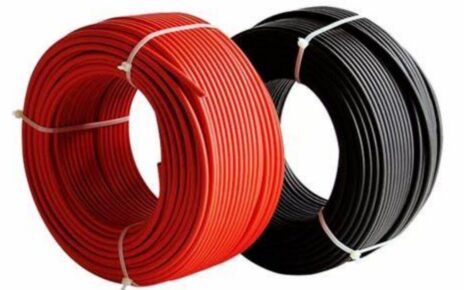If you’re planning a full-scale manufacturing project, pilot plants can be a great way to reduce the risk associated with large and complex projects. Pilot plants are scaled-down versions of real manufacturing processes and provide an opportunity to test out processes before they are scaled up. This can help make sure that the final product meets safety and quality standards and has a better chance of success. In this article, we explore the role that pilot plants play in reducing risk and helping to ensure successful manufacturing projects.
1. Testing Out Processes
Pilot plants allow for small-scale testing of large manufacturing processes. The smaller-scale environment allows manufacturers to test out a wide range of different process parameters. This includes testing out the performance and efficiency of various process components, as well as exploring how small changes in a process can affect the end product.
By testing out these different parameters, manufacturers can find a process that is both efficient and produces the desired quality of the product. This can reduce the risk of errors or inefficiencies once the process is scaled up. For instance, by understanding pilot plant production for chemical manufacturing, you can ensure that the process is optimized for productivity and product quality. This will further reduce the risk associated with full-scale manufacturing projects.
2. Gaining Valuable Insights
In addition to testing out processes, pilot plants can also provide valuable insights into the full-scale production process. This includes understanding resource needs, potential bottlenecks, and any potential safety issues. By understanding these issues before the full-scale process is initiated, manufacturers can develop strategies to mitigate risk and ensure a successful launch of the project.
The insights gathered from pilot plants can also be used to improve the efficiency of the full-scale process. For example, by testing out different process conditions and equipment configurations, manufacturers can identify the most efficient setup for their specific needs. This can significantly reduce costs associated with large-scale production and ensure that the process is running in an optimal way.
3. Simulating a Full-Scale Environment
Finally, pilot plants can be used to simulate a full-scale manufacturing environment. This is especially important for large and complex processes, as it allows the manufacturer to test all aspects of the process in advance. This includes testing out equipment configurations, personnel requirements, and materials needs.
By simulating a real-world environment on a smaller scale, the manufacturer can understand what resources are needed and how to best set up the process. This helps reduce any potential problems that may arise during the project and allows the manufacturer to be more prepared for a successful launch.
To Sum It Up
Pilot plants are a great way to reduce the risk associated with full-scale manufacturing projects. By testing out process parameters, gathering insights, and simulating a full-scale environment, pilot plants can help identify potential issues before they become costly mistakes. This helps ensure that the final product is of the highest quality and that the project is a success.





